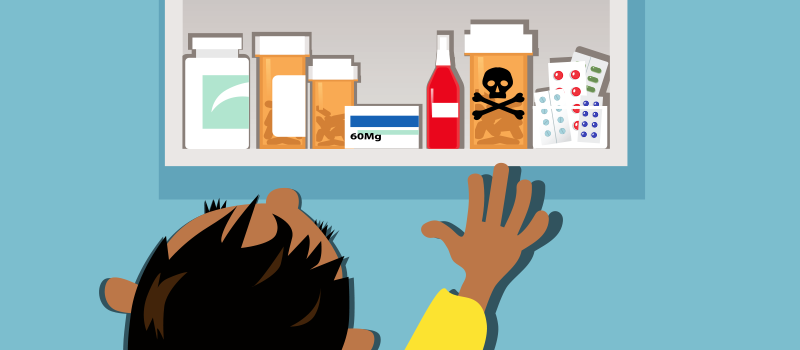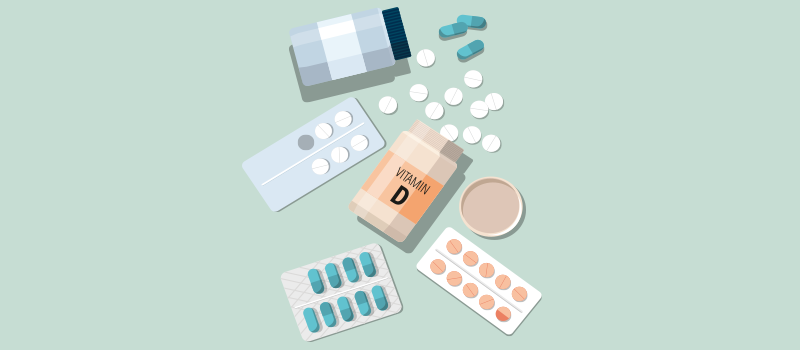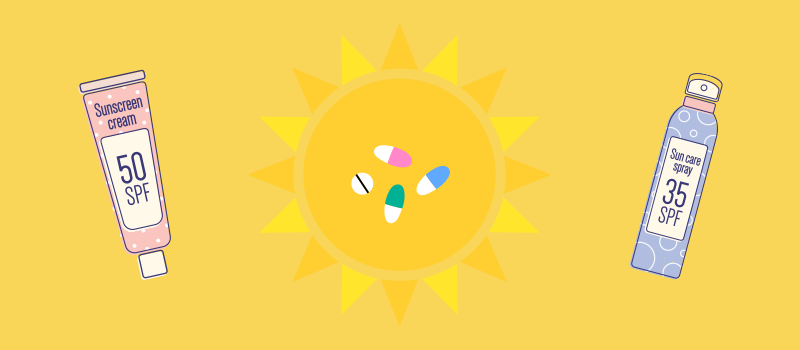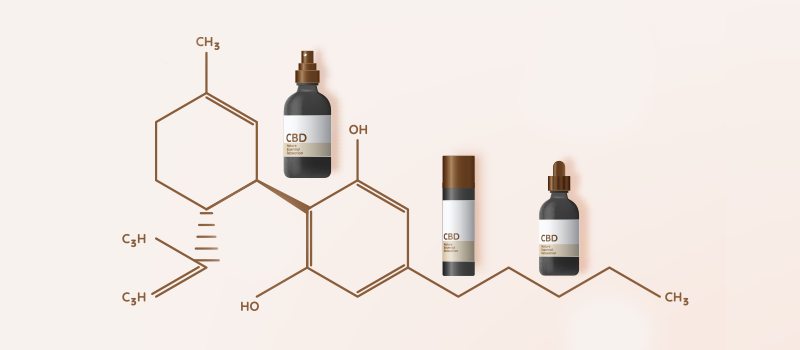What’s the Buzz
The Bee Healthy Blog
The Difference Between Pharmaceutical Supplements and Nutraceuticals

Supermarket shelves are crammed with products that promise all kinds of health benefits. It can be confusing to separate the wheat from the chaff and know what really helps in leading a healthier lifestyle and what’s simply a marketing gimmick.
The first step in making good choices is understanding what’s available. In this article, we will dig deeper into pharmaceutical supplements and nutraceuticals. We’ll talk about the differences between them and when you should take one or the other.
What’s the difference between dietary supplements and nutraceuticals?
First, let’s understand the definitions of different terms used to describe products you can find on your supermarket and pharmacy shelves.
Pharmaceutical medicines
Pharmaceuticals are drugs that have FDA approval and which you receive from primary care doctors, specialty offices, and hospitals. They are manufactured in laboratories by pharmaceutical companies and are designed to treat diseases or specific health issues. These drugs undergo extensive clinical trials and have a lot of scientific data to support their safety and efficacy. Examples of pharmaceutical medicine include prescription medications such as a pill to treat high blood pressure or an over-the-counter (OTC) medicine like an antacid.
Dietary supplements
They are made from food but are available in a non-food format, so they look like drugs. Dietary supplements contain isolated nutrients that have known medical benefits. For example, vitamin C chewable tablets or calcium tablets are specific supplements.
Herbal products
These are products that come from plants. They can be in the form of food supplements or medicinal remedies. A herbal product is considered a medicinal product if it claims to solve health problems, i.e., treat or cure a disease. Examples include garlic, sage, and ginseng.
Functional foods
These are foods that look like naturally occurring foods but are prepared scientifically and fortified to offer greater nutritional value. For example, breakfast cereal fortified with vitamin D or orange juice fortified with vitamin C.
Nutraceuticals
This is a term that comes from combining the words nutrition and pharmaceutical. A nutraceutical is a nutrient-rich dietary substance made from whole food or parts of food sources. These foods are known to provide health benefits, including preventing and treating serious diseases. Examples of nutraceuticals include soy protein, garlic, green tea, and many others.
Therefore, the main difference between nutraceuticals vs. pharmaceutical supplements is that the former are nutritionally-rich whole foods while the latter are pills and tablets that contain an isolated nutrient.
When to use a nutraceutical vs. pharmaceutical for health benefits?
Most people will go to a doctor’s office or a hospital at some point. If you are in immediate danger, doctors will make important health decisions and likely use pharmaceutical medicines to treat you. These medicines help to accomplish specific goals, such as decreasing inflammation. The goal is to improve health and possibly even save your life.
If you have a chronic condition, such as high cholesterol or high blood pressure, your doctor may prescribe a pharmaceutical medicine for treatment. Doctors tend to prescribe pharmaceuticals because they are trained to evaluate your body systems for possible diseases and offer specific solutions.
Pharmaceuticals are frequently used to treat existing problems rather than prevent future problems. However, doctors do sometimes recommend specific supplements and always recommend healthy lifestyle changes as preventive measures.
Wellness clinics and wellness professionals fill the gaps in modern medicine by helping you find alternatives to pharmaceuticals. For example, if you suffer from physical pain or low energy level, they may prescribe nutraceuticals to bring your body back into balance. There is no guarantee that a single nutraceutical, dietary supplement, or functional food will solve a specific health issue, but they may help to improve overall health.
Clinical trials and safety of nutraceuticals vs. pharmaceuticals
One of the biggest concerns about nutraceuticals is their safety profile. As mentioned, pharmaceuticals undergo years of drug development and clinical trials before they receive FDA approval for clinical use. The effectiveness, side effects, and other drug-like reactions are studied during these trials in detail. As a result, there is usually a large amount of scientific data available about the safety of pharmaceuticals.
Nutraceuticals, on the other hand, are not regulated by the FDA. Because they are made from whole foods, they cannot be patented. For this reason, manufacturers do not want to spend money on researching nutraceuticals. Consequently, there is a lack of safety data for nutraceuticals. That said, nutraceuticals are natural substances that humans have consumed for thousands of years, so there is an inherent level of safety in their use.
References:












SOCIAL